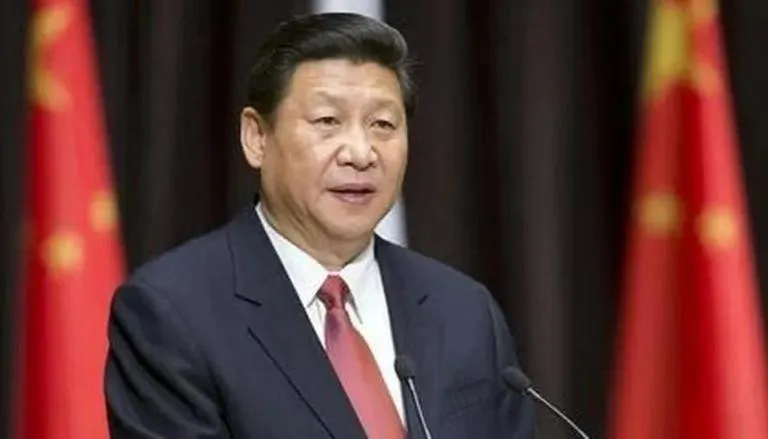Singapore’s low-carbon, state-backed investment business, GenZero, has announced that it will work with Rwanda to generate carbon credits to offset emissions.
Australia and Britain have rejected offsets for meeting net zero commitments, while Singapore relies on them due to limited area for large-scale renewable projects.
The deal between GenZero, Rwanda Green Fund, and Gold Standard promotes project integrity under Article 6 of the Paris Agreement on climate change. The clause allows countries to satisfy climate targets by investing in low-carbon projects in other nations through bilateral agreements or a future U.N. trading regime.
“We will review potential projects with the Rwandan Green Fund and the Rwanda Environment Management Authority over the coming months, to determine their eligibility and suitability to be included in the collaboration,” Frederick Teo, chief executive of GenZero, an arm of the state investment fund Temasek, said.
“Projects can be nature-based solutions such as nature restoration, or technology-based solutions such as improved waste management.”
While Article 6 negotiations continue, Singapore has inked memoranda of understanding with Laos and the Philippines and legally binding “implementation agreements” with Ghana and Papua New Guinea.
Ravi Menon, Singapore’s Ambassador for Climate Action, told a conference last week that Bhutan, Paraguay, and Vietnam pacts have been reached.
Article 6 credits can offset up to 5% of taxable carbon emissions for Singapore enterprises.
While Article 6 negotiations are still in progress, Singapore has legally binding “implementation agreements” with Ghana and Papua New Guinea, as well as memoranda of understanding with Laos and the Philippines.
Additionally, agreements with Bhutan, Paraguay, and Vietnam have been finalised through negotiations, as stated in a presentation last week by Singapore’s Ambassador for Climate Action, Ravi Menon. Singaporean businesses can purchase credits through Article 6 transactions to offset up to 5% of their taxable carbon emissions.
Following the breakdown of negotiations on a final text in Dubai last year, Article 6 will be a top concern during the COP29 climate conference in Azerbaijan in November.
The functioning of the United Nations-run carbon market has proven difficult for the parties to agree upon, and some are concerned that bilateral accords may influence national sovereignty.


 Politics2 days ago
Politics2 days ago
 Metro2 days ago
Metro2 days ago
 VenturesNow2 days ago
VenturesNow2 days ago
 Musings From Abroad2 days ago
Musings From Abroad2 days ago



























